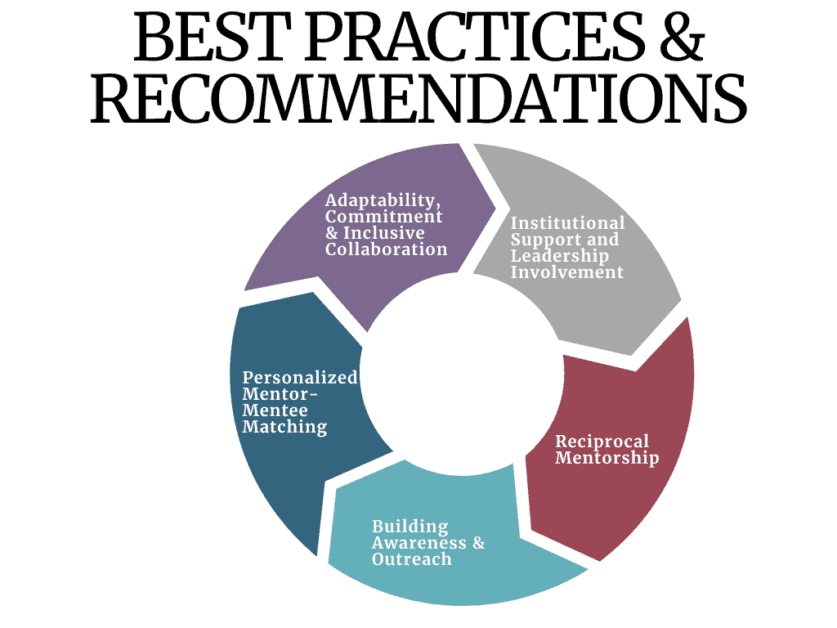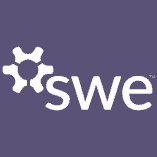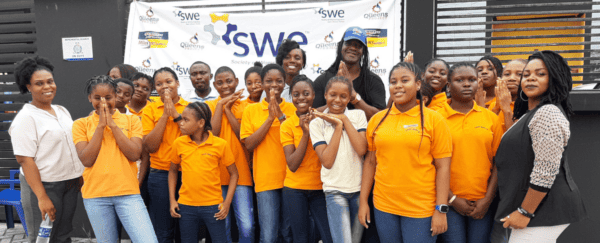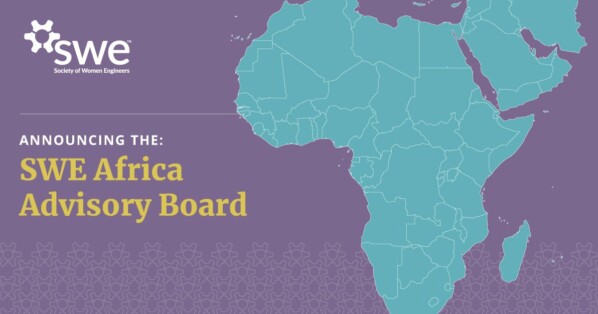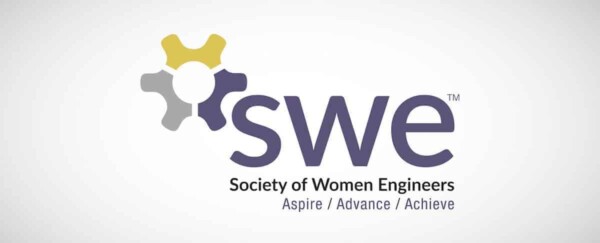Women remain vastly underrepresented in science, technology, engineering, and mathematics (STEM) fields. Recent statistics paint a concerning picture: globally, only 35% of STEM students are female, and this number drops to a mere 28% for doctoral students. Addressing this imbalance and closing the gender gap in STEM participation and success have become a global priority.
In 2022, the Society of Women Engineers (SWE) hosted research roundtable discussions with individuals from Austria, Germany, and the United States to gather insights and recommendations to address the gender gap in STEM education and the workforce. These roundtables highlighted the significant impact effective mentorship programs have in supporting women in STEM — both on a global international scale and as an emerging powerful tool for empowerment and support.
Recognizing the crucial role of female STEM mentorship programs, SWE conducted a qualitative study involving interviews with international participants in identified female mentoring programs at universities in Austria and Germany. The selected programs were aimed at retaining women in STEM graduate studies and faculty.
The research objective focused on understanding what factors make a university STEM mentorship program truly impactful for women and examined “What are the key factors that contribute to the effectiveness of university STEM mentorship programs in promoting the advancement and success of women in engineering and technology fields within the specific contexts of Austria and Germany?”
Findings from SWE’s case study report shed light on female mentorship program effectiveness, program design, best practices, and lessons learned, including:
- Core elements of impactful programs, such as program characteristics that cultivate a supportive and empowering environment for women in STEM
- Best practices, including successful strategies and approaches currently implemented in existing programs
- Lessons learned that highlight mentor experiences with female STEM mentorship programs, challenges, and other valuable insights for program improvements
- Evidence-based recommendations that illustrate research findings and, provides direct mentor- specific recommendations for strengthening STEM mentorship programs globally.
Table 1 provides an overview of the programs included in this study.
Table 1: Program Highlights
| Program | Location | Focus | Target Audience | Eligibility Requirements | Program Structure | Strengths (from Interviews) | Challenges (from Interviews) | Best Practices (from Interviews) |
|---|---|---|---|---|---|---|---|---|
| Program 1 | University in Berlin, Germany | Encourage and support female doctoral students and postdocs in science careers | Female doctoral students and postdocs | Must be enrolled in a science Ph.D. program or hold a science postdoctoral position | One-on-one mentoring, workshops on career development, networking events | Matching mentors with similar research interests | Retaining mentors who transition to new jobs | Ongoing mentor training, strong program community |
| Program 2 | Subsidiary of a technical university in Munich, Germany | Support female students in academic and professional development | Female students | Enrolled in any program at the technical university | Peer mentoring, industry visits, professional skills development workshops | Success of peer mentoring for building a supportive community | Attracting a diverse pool of female students | Regular program evaluation and adaptation |
| Program 3 | Science university in Austria | Inspire and support young people, particularly women, in computer science, natural sciences, or technology | Young people, particularly women | High school students or early university students | Group mentoring, summer camps focused on STEM topics, guest speaker sessions from female leaders in STEM fields | Positive impact of project-based learning | Securing funding for long-term program activities | Creating a strong sense of community among participants |
| Program 4 | University in Munich, Germany | Build digital, scientific, and entrepreneurial leadership skills for women with non-academic backgrounds | Women with non-academic backgrounds | No formal education requirements, but interest in STEM fields is preferred | Program with intensive workshops, mentorship from female entrepreneurs and digital leaders, project-based learning | Value of project-based learning for practical skill development | Ensuring all participants feel comfortable in the program | Emphasis on unconscious bias training for mentors |
The case study yielded insightful recommendations and lessons learned that could be applied to increase the impact of women-focused STEM mentorship efforts on a global scale.
The infographic above illustrates best practices and recommendations for mentorship programs. It features a circle separated into the following five sections: adaptability, commitment & inclusive collaboration; institutional support and leadership development; reciprocal mentorship; building awareness & outreach; and personalized mentor-mentee matching.
- Adaptability, Commitment, and Collaboration: Successful programs are adaptable to individual needs, demonstrate long-term commitment, and foster inclusive collaboration.
- Institutional Support: Strong institutional backing and leadership involvement are crucial for program success.
- Reciprocal Mentorship: Programs that encourage two-way mentorship, where both mentor and mentee learn from each other, are particularly beneficial.
- Personalized Matching: Matching mentors and mentees based on shared interests, research areas, and career goals is essential.
- Building Awareness and Outreach: Effective outreach strategies are needed to attract and retain women in STEM mentorship programs.
Learn More
For the full case study research report by SWE, download the report from the SWE Research website.


